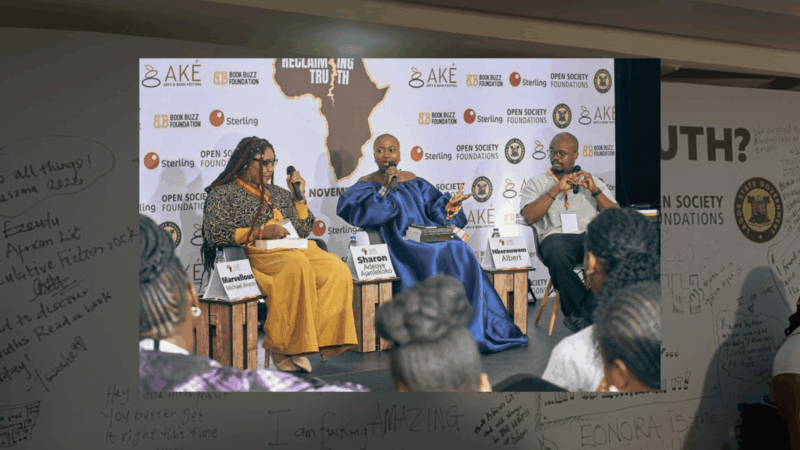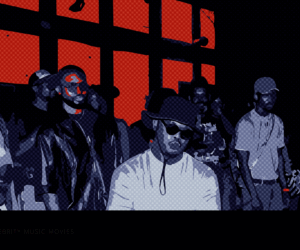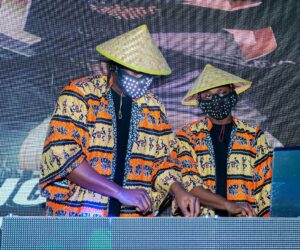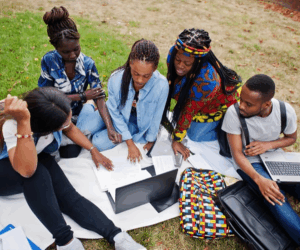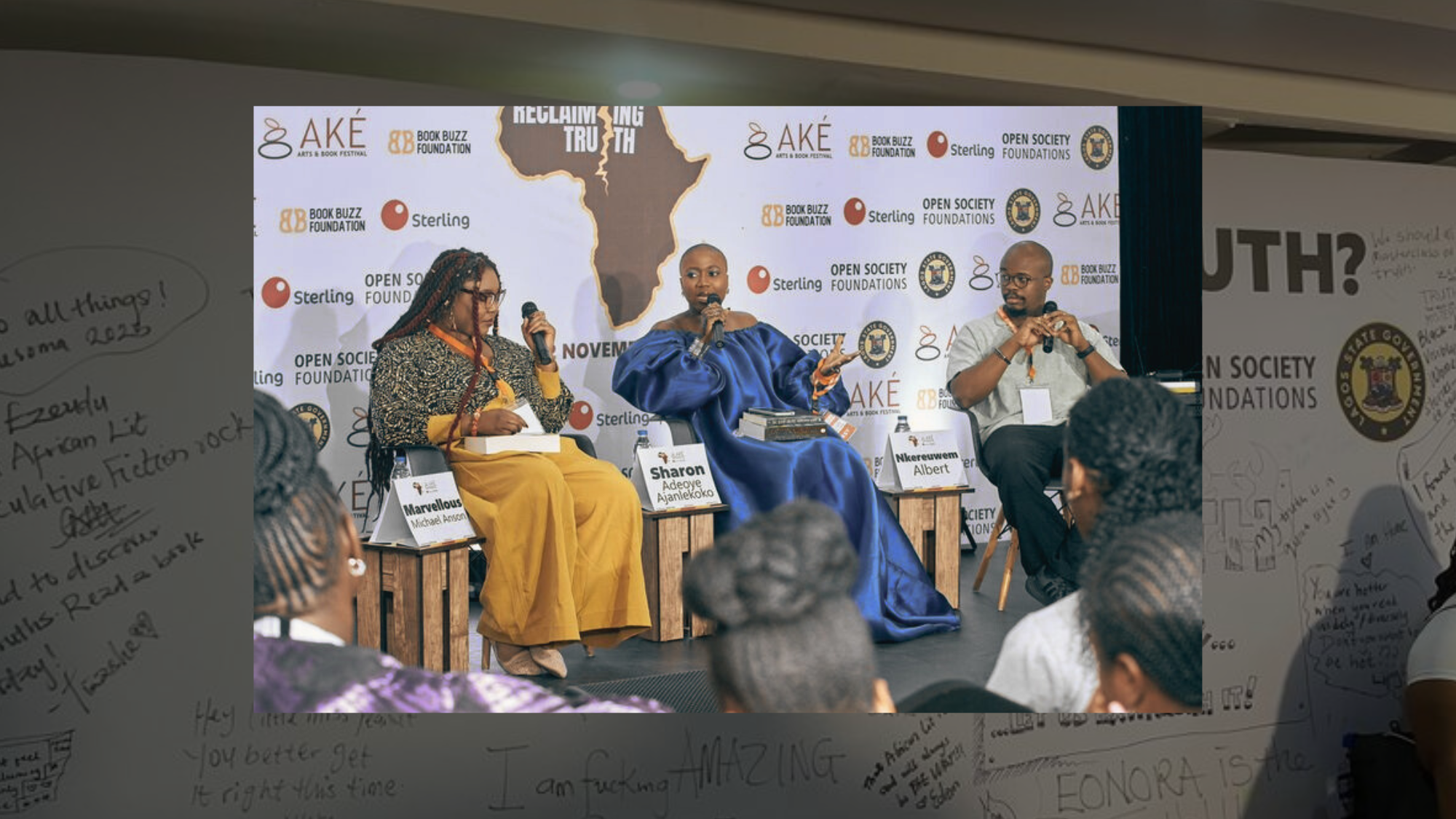
Aké Arts & Book Festival has always felt like a living, breathing space. A place where stories walk around as people, and conversations come alive. This year, the festival returned with its 13th edition under the theme “Reclaiming Truth,” and from the very first hour, that theme sat boldly at the centre of everything.
Even though I streamed Day One virtually and attended the remaining days in person, the energy was the same on both sides of the screen. It was intentional, electric, and true.
Day One: Streaming the Festival From My Screen
I joined the opening ceremony from home on Thursday, and even through a screen, the warmth was unmistakable. It would interest you to know that prior to this, I had never attended any Ake Festival, but I knew about it and all it stands for. But somehow, Ake found its way to me this year through a good friend. The virtual feed opened with the festival’s welcome. I saw soft lighting, rich colours, and a crowd that looked excited and ready.
The book chat session featured the Kuti family, and it was easily one of the most emotional sessions of the entire festival. Listening to them talk about Remilekun Kuti, her strength, her legacy, her humanity, felt like witnessing a piece of history carefully unfolded.
Another highlight of the day was the conversation on speculative fiction. It was refreshing to hear African writers talk about why imagining new worlds is a form of reclaiming truth itself. When the stream ended, I felt a tug, the feeling that something inside you has been gently rearranged.
Day Two: Witnessing Aké Physically
Friday was my first day at the venue, and stepping into BON Hotel in Ikeja GRA felt like walking into a warm, creative storm. The atmosphere was soft but electric. People were everywhere, laughing in corners, clutching books to their chests, photographers chasing moments, and volunteers moving with quiet efficiency.
The first session I attended was a book chat, and it felt like sitting in a cosy living room with brilliant minds. The conversation was fluid, intimate, and occasionally funny. The laughter was genuine. What struck me most was how the authors spoke their truth and about their works and creative process. One of my favourite experiences was wandering into the exhibition area.
Leaving that room, I then went to the festival bookstore. There were stacks of books in every direction, the scent of new paper mixed with strangers’ cologne. I shared a video on my IG story, and a friend dropped a comment saying, “How does it feel like to be in heaven?” And I responded saying, “It was pure bliss”, and truly, as a lover of books, it was nothing short of that. Strangers asked strangers, “Have you read this?” or “Should I buy that?” and just like that, conversations bloomed.
Later in the day was the panel discussion themed: The Stories That Matter. It was honest, real and eye-opening. The room hummed with murmurs as the speakers discussed writing for children and how children’s book writers are not as recognised as they should be. It was one of those panels that follows you home.
Thereafter, there was a book chat with the Queens of Romance, Bolu Babalola, author of Honey and Spice, and Fatima Bala, author of Broken. This was probably my highlight for the day. It was after this session that I decided to go shop for some books at the festival bookstore, and I shopped well.
Another standout session for me was the panel discussion on Why Speculative Fiction Matters. This session did not last for long, but it was very informative, enlightening and interactive. I particularly enjoyed it.
Day Three: The Festival in its Full Form
By Saturday, the festival felt like it had fully opened up. Faces were more familiar. The crowd was bigger, the conversations were deeper, and the air carried a mix of excitement and nostalgia.
There were panel discussions and book chats, one after the other. But the highlight of the day was Nobel Laureate, Wole Soyinka, walking into the hall. It was a magical, almost unexplainable sight. The crowd cheered on, and it was truly a sight to behold.
Walking through the venue between sessions felt like floating. Everywhere, people were discussing truth in politics, in romance, in poetry, in storytelling, in identity. The festival theme was not just written on banners. It was alive in the conversations happening in the hall and outside of it.
By the time I left on Saturday night, I felt the familiar heaviness that comes after a really good story ends. Aké 2025 was not just a festival. It was a reminder that truth is not a single event. It is a pursuit, a responsibility and a conversation we keep returning to, especially in a world where lies travel faster than facts.
Streaming day one and attending the other two in person gave me a fuller picture: Aké is consistent, intentional, and deeply human. It is a gathering that asks us to look inward and outward at the same time. To rethink the stories we tell and the ones we choose to believe.
If the goal was to reclaim truth, then Aké 2025 did more than that. It held it up gently, examined it under the light, and handed it back to us fuller, richer, and more urgent than before.

